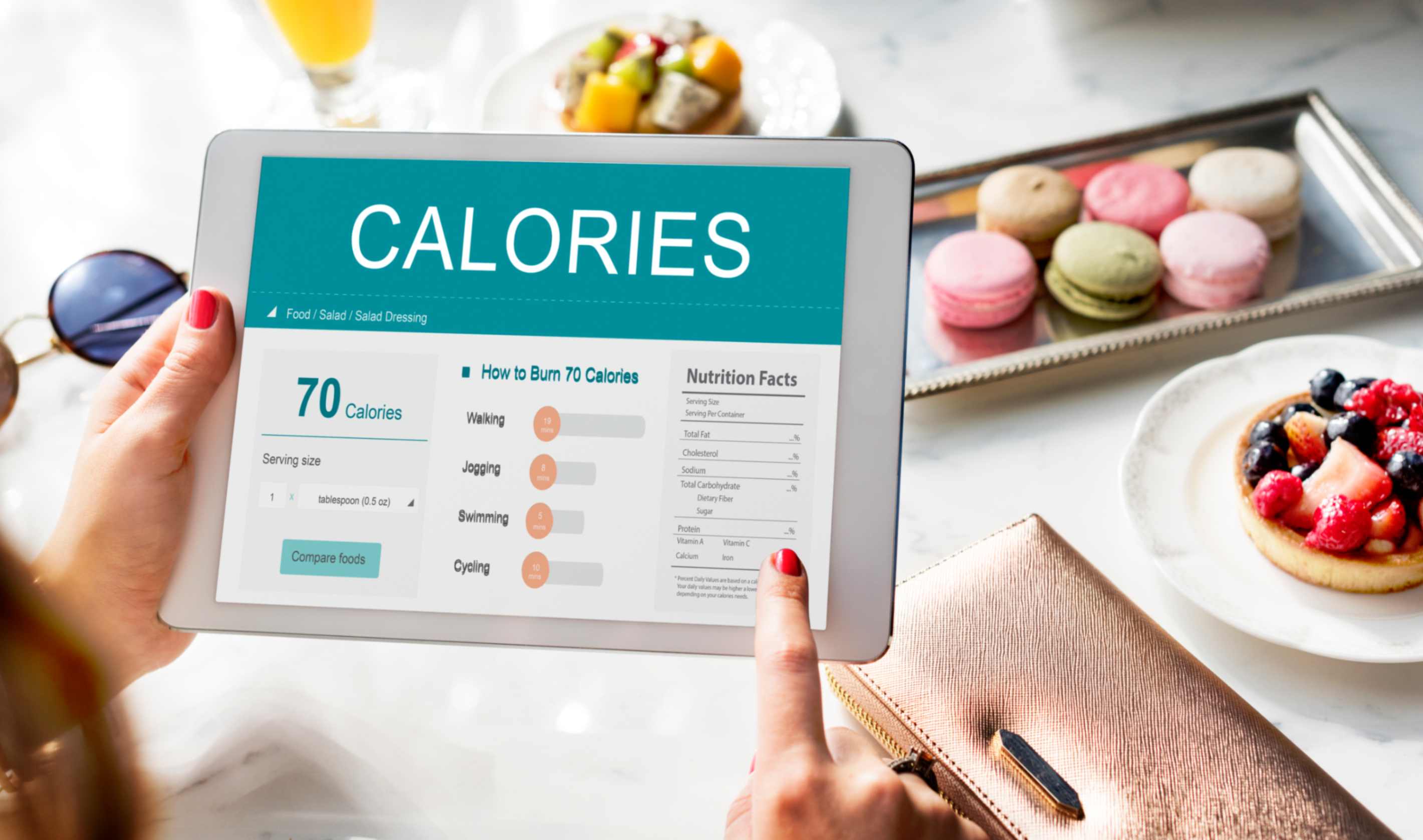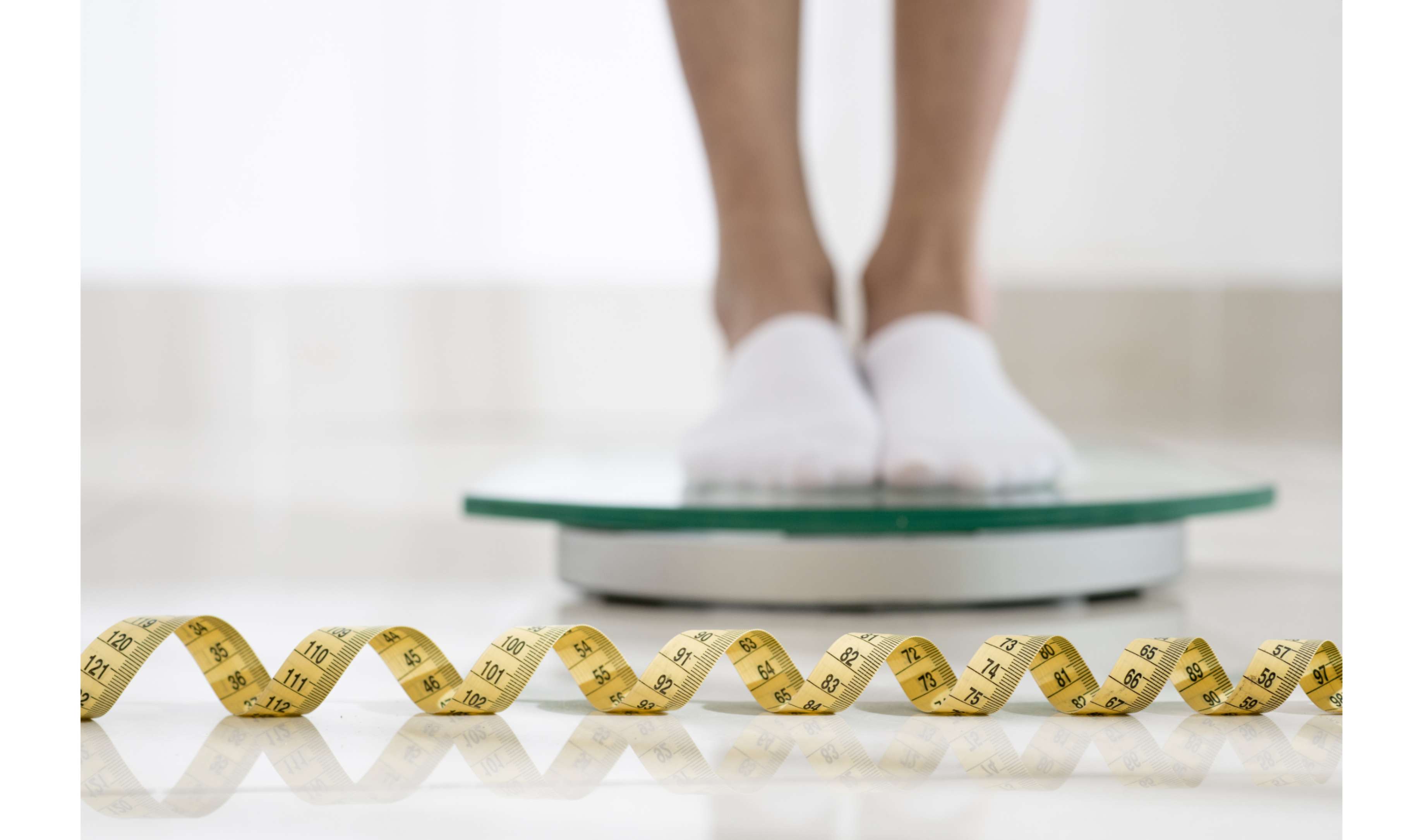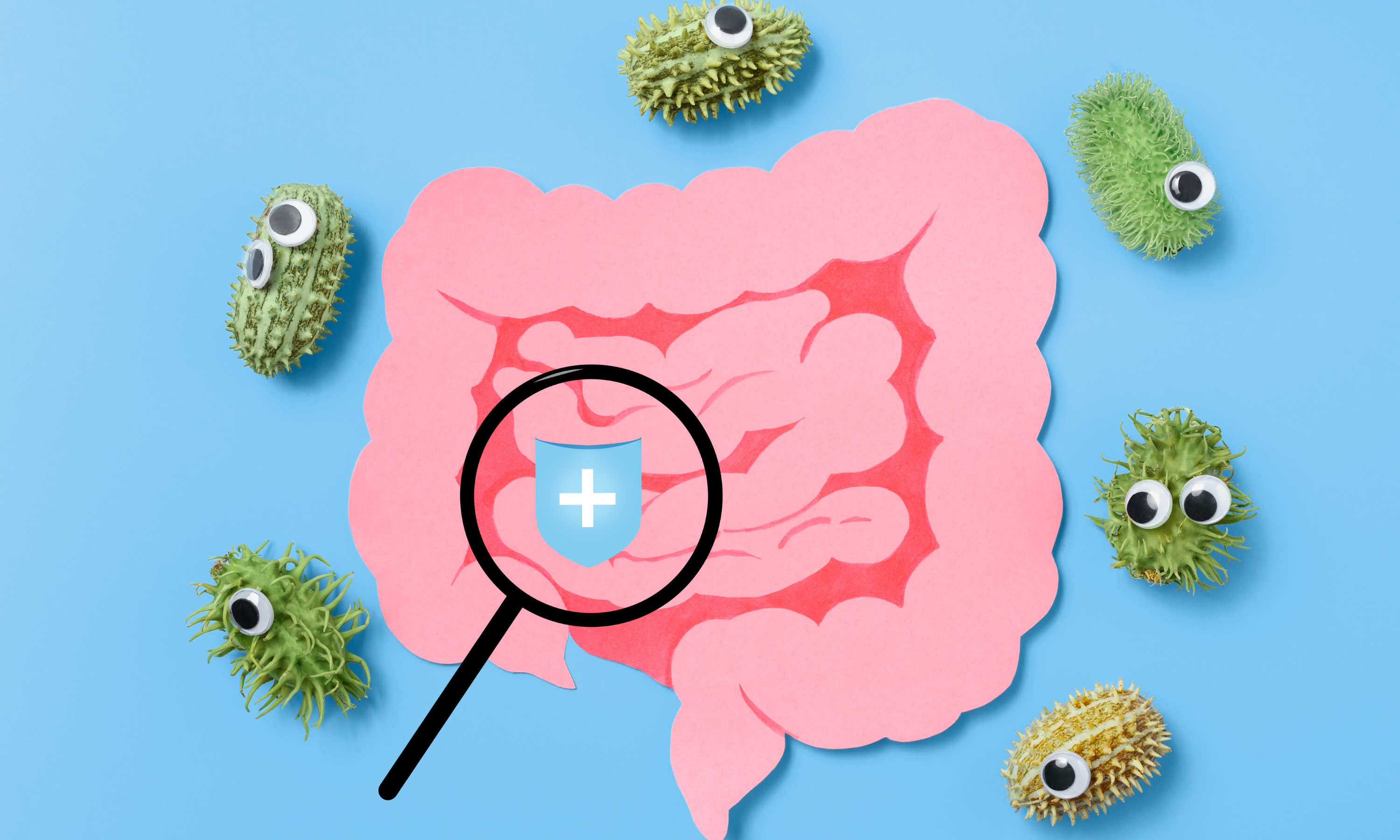
Calorie Intake : How to Optimize Calories With Age
Understanding how to adjust and optimize your calorie intake is crucial, especially as you age. Metabolism naturally slows down with time, making it essential to tailor your nutrition to support overall health and weight management.
In this blog, we'll delve into the science behind aging metabolism and provide a practical approach to calibrate your calorie intake. But first, let's understand a few metabolism related terms.
Metabolism Basics
Basal Metabolic Rate (BMR) is the number of calories your body needs at rest to maintain basic physiological functions, such as breathing and circulation.
As you age, several factors contribute to a decline in metabolism:
The Calorie Intake Equation
The fundamental principle for weight management is the balance between calorie intake and expenditure - to maintain your current weight, calories in should equal calories out. To lose weight, you need to create a calorie deficit, and to gain weight, a calorie surplus is necessary.
Calculating your caloric needs is a simple mathematical equation which starts by finding your BMR. To calculate your Basal Metabolic Rate (BMR), you can use the Mifflin-St Jeor equation.
For Women,
Let's consider an example for a 40-year-old woman who is 160 cm (5 feet 3 inches) tall and weighs 65 kg,
BMR = (10 X 65) + (6.25 X 160) - (5 X 40) - 161 = 1289 Calories
Total Daily Caloric Needs
Once you have your BMR, you can determine your Total Daily Energy Expenditure (TDEE) by multiplying your BMR by an activity factor:
- Sedentary (little or no exercise): BMR × 1.2
- Lightly active (light exercise/sports 1-3 days/week): BMR × 1.375
- Moderately active (moderate exercise/sports 3-5 days/week): BMR × 1.55
- Very active (hard exercise/sports 6-7 days a week): BMR × 1.725
- Extra active (very hard exercise/sports, physical job, or training twice a day): BMR × 1.9
For the woman in the above example, Assuming a moderately active lifestyle (BMR × 1.55),
TDEE= 1289 × 1.55 = 1997 calories/day
As you age and your activity level goes down, it's essential to make adjustments to your caloric intake.
Some Tips for Caloric Optimization
- Choose Nutrient-Dense Foods
Opt for whole, nutrient-dense foods to ensure you meet your vitamin and mineral requirements without excessive calories. Include a variety of fruits, vegetables, whole grains, lean proteins, and healthy fats in your diet.
- Meal Timing and Frequency
Consider spreading your caloric intake across several meals and snacks throughout the day. This approach can help maintain energy levels and support metabolism.
- Stay Hydrated
Proper hydration is essential for overall health and can support metabolic function. Aim to drink an adequate amount of water daily.
- Protein Supplementation
Increasing protein intake can support muscle preservation and metabolism. Consider supplementing with protein shakes or incorporating protein-rich foods like lean meats, dairy, and plant-based sources into your diet.
- Probiotics for Gut Health
Optimal gut health is increasingly recognized as a factor in overall well-being, including metabolism. Probiotics, the "good" bacteria that promote a healthy balance in the gut, can influence metabolic processes. Specific strains of probiotics have been associated with improvements in metabolic health including Lactobacillus Gasseri and Lactobacillus Rhamnosus, both of which are added to our highly effective meal replacement drink.
By understanding the factors influencing your metabolism and using the provided formula, you can tailor your caloric intake to support your health goals.
And always, it's crucial to consult with healthcare professionals or nutritionists for personalized advice based on your unique needs and circumstances.




Leave a comment
This site is protected by hCaptcha and the hCaptcha Privacy Policy and Terms of Service apply.